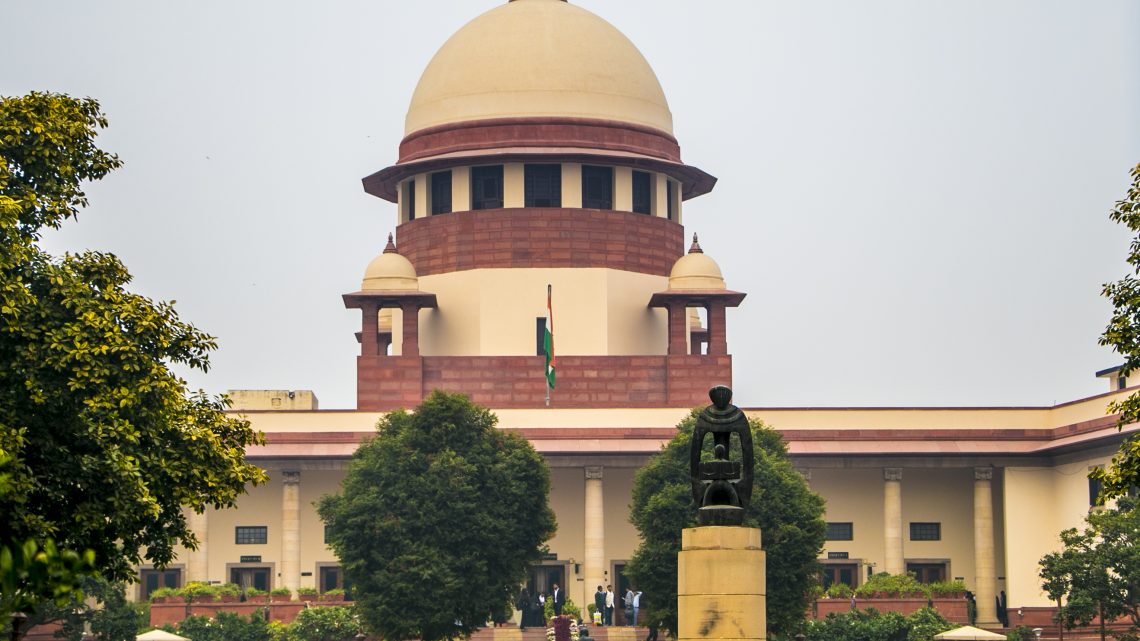
Indian Supreme Court: A Dismal Show of BJP Compliance on LG Powers in IIOJK
October 15, 2024The Indian Supreme Court has once again displayed its allegiance to the Modi-led BJP government by rejecting a plea that challenges the powers of the Lieutenant Governor (LG) in Indian illegally occupied Jammu and Kashmir (IIOJK).
This latest decision reveals an upsetting trend. The two-member bench, comprised of Justices Sanjiv Khanna and Sanjay Kumar, directed the petitioner, Ravinder Kumar Sharma, to seek remedy in the high court instead.
In a disheartening dismissal, the bench stated that they would not entertain the petition under Article 32 of the Constitution. Their reasoning claimed that prior petitions often left out critical aspects.
This latest ruling comes on the heels of recent elections in which the National Conference-Congress alliance secured a majority with 48 out of 90 seats in the assembly. This victory could easily be undermined by the LG’s power to nominate five additional members.
Senior advocate Abhishek Singhvi passionately argued that such nominations could effectively sabotage the electoral mandate, posing a threat to the Constitution’s basic structure. His argument is compelling: “You have to only get one more person… You can easily nullify the elected mandate.”
Justice Khanna dismissed these concerns, stating the LG’s power has not been exercised yet and advising the petitioner to first approach the high court. This response is evident of judicial indifference to potential electoral manipulation.
Mohammad Yusuf Tarigami, a CPI (M) leader allied with the NC-Congress, also won in Kulgam. The coalition’s strength is further supported by several independents and a lone Aam Aadmi Party MLA. The implications of the Supreme Court’s ruling could significantly impact this alliance’s stability.
The court’s reluctance to engage with the fundamental issues at hand raises serious questions about its role in protecting democratic processes. By deferring to the high court, the Supreme Court appears to abdicate its responsibility to uphold electoral integrity.
This pattern of judicial passivity is alarming. It suggests a troubling synergy between the judiciary and the BJP, undermining the very principles of democracy. When the judiciary fails to confront potential abuses of power, it jeopardizes the rights of the electorate.
The situation demands immediate attention. The electoral verdict in IIOJK hangs in the balance, vulnerable to political machinations. If the LG’s power to influence the assembly is left unchecked, it could undermine the democratic will of the people.
This ruling is not just a failure of the judiciary; it’s a clear message that the Indian Supreme Court is more interested in maintaining the status quo than in protecting democratic values. The future of IIOJK’s political landscape depends on a court willing to act against potential overreach.

